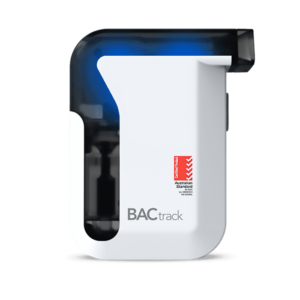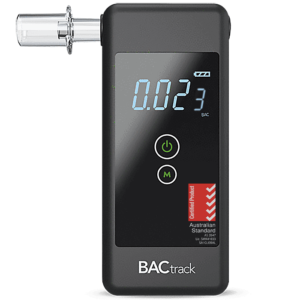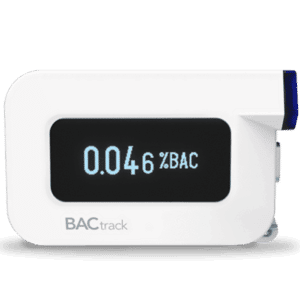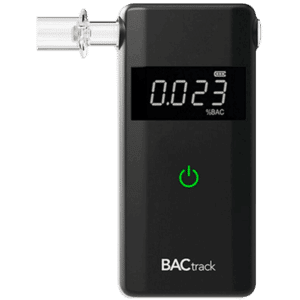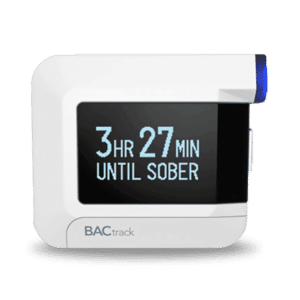DNA & Drug and Alcohol Testing: What It Is and the Methods Available
12 December, 2023
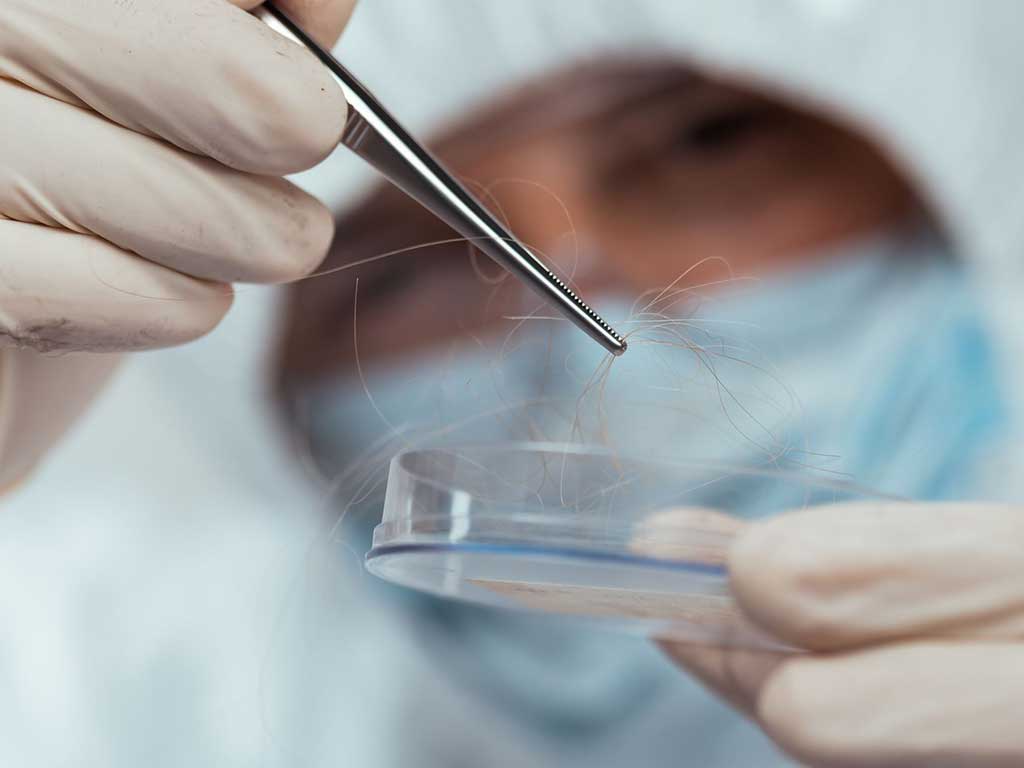
Being under the influence of drugs and alcohol is a complex issue. Traditional types of tests for substance abuse, such as urine tests, can detect recent drug or alcohol use. However, advancements in DNA testing have opened up new possibilities for understanding addiction on a genetic level. DNA & drug and alcohol testing is a powerful tool for uncovering the underlying genetic factors that can contribute to substance abuse. The methods available are PCR testing, hair testing, and saliva testing.
The effects of drug and alcohol abuse are wide-reaching. These can cause long-term physical and mental health issues. Identifying individuals who may be at risk for substance abuse is an important step in preventing addiction before it takes hold. Hence, drug and alcohol testing services have been increasingly utilised in various settings. The article will present drug, alcohol, and DNA testing, including the various methods available and the legal implications of testing.
What is a DNA & Drug and Alcohol Testing?
DNA & drug and alcohol testing have differences. DNA testing is a method that analyses the genetic makeup of an individual. This process involves examining specific segments of their DNA to determine genetic variations or mutations. The test is beneficial for a variety of purposes. This includes establishing biological relationships, identifying hereditary health concerns, and determining ancestry.
Meanwhile, drug and alcohol testing involves analysing the biological samples of a person. This is to detect the presence of alcohol and illegal drugs in the body. Professionals can utilise oral fluid, urine, blood, or hair samples. This type of testing is common in workplace settings, legal proceedings, and rehabilitation programs to ensure compliance with drug and alcohol policies.
DNA, drug, and alcohol tests can be used together to provide comprehensive information about the genetic predispositions and substance use habits of an individual. By analysing their DNA profile, it may be possible to identify genetic factors that can influence their response to drugs and alcohol. Additionally, combining DNA testing with drug and alcohol testing can help identify potential substance abuse issues. Moreover, it informs personalised treatment and intervention strategies.
Benefits of the Testing
- Legal evidence – Authorities can use the test results as critical legal evidence in court cases. Some examples are paternity disputes and criminal investigations.
- Personal peace of mind – Individuals can gain a sense of assurance and peace of mind about their biological relationships or substance use.
- Health information – The tests allow for proactive health management and prevention of certain conditions.
- Drug and alcohol treatment – Testing can identify substance abuse issues and facilitate appropriate treatment.
- Workplace safety – Employers can utilise a range of testing methods to promote a safe and productive work environment.
- Child custody – DNA testing can establish parental rights and responsibilities in legal cases.
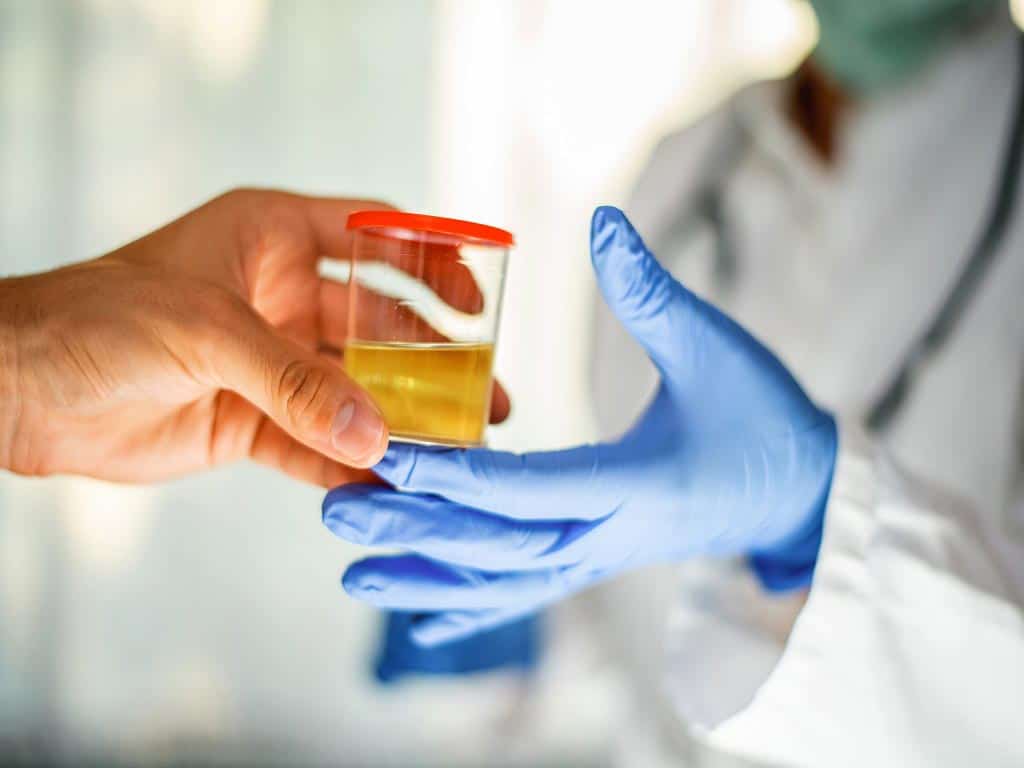
Methods Available in a DNA & Drug and Alcohol Testing
There are several methods available for DNA & drug and alcohol testing. One common method for DNA testing is Polymerase Chain Reaction (PCR). It amplifies specific regions of DNA to make them easier to analyse. Medical practitioners often use PCR in forensic and paternity testing because it is highly sensitive. For drug and alcohol testing, they use immunoassay methods to detect the presence of substances in hair, urine, saliva, or blood samples.
Another method for DNA testing is Short Tandem Repeat (STR) analysis. It looks for variations in specific regions of DNA that are unique to each individual. For drug and alcohol testing, gas chromatography-mass spectrometry (GC-MS) is highly accurate. It can detect and quantify specific substances in a sample. Workplace drug testing often utilises this.
Finally, Next-Generation Sequencing (NGS) is a cutting-edge method for DNA testing that can sequence entire genomes in a relatively short amount of time. NGS is revolutionising the field of genetics and has applications in medical research, disease diagnosis, and ancestry testing. For drug and alcohol tests, Liquid Chromatography-Mass Spectrometry (LC-MS) can detect and quantify a wide range of substances in a specimen.
Wide Range of Substances that Can be Detected
Various testing methods can detect a wide range of substances. This includes illicit drugs like cocaine and marijuana. These substances can appear in urine samples or hair shafts. Moreover, other recreational drugs that tests can identify are cannabis and amphetamines. They can also detect prescription drugs like opioids and benzodiazepines.
Furthermore, the tests can identify the presence of alcohol in the body. With advances in technology, testing methods continue to evolve. Hence, it makes it easier to detect an expanding list of substances with greater accuracy and efficiency. This capability plays a crucial role in maintaining public health and safety across various industries and sectors.

Legal Implications of DNA & Drug and Alcohol Testing
The legal implications of DNA & drug and alcohol testing in the workplace are extensive. Employers must navigate a complex web of laws to ensure they are not violating privacy rights or anti-discrimination laws for drug and alcohol screening programs. In the case of DNA testing, they must obtain consent from employees and adhere to strict regulations regarding the storage and use of genetic information.
Legal concerns arise when it comes to employee privacy and discrimination. Businesses must ensure that their testing requirements and policies comply with Australian laws. Any test they conduct must be non-discriminately. Moreover, they should handle the results with confidentiality. Otherwise, they may face costly legal battles.
Organisations also need to consider the potential legal implications of using the results of DNA testing or drug and alcohol testing in making employment decisions. Employers should establish clear policies outlining the fair and consistent application of genetic and drug testing. Failure to do so may result in legal action due to discriminatory hiring, termination, or promotion decisions.
Technical Considerations and Collection Centres
When it comes to technical considerations, it is important to use reliable and accurate testing methods and equipment. This includes validating the testing process, ensuring proper chain of custody, and maintaining the integrity of the samples. Also, it is essential to consider the guidelines set forth by regulatory bodies to ascertain that the testing procedures meet the necessary standards.
Collection centres play a crucial role in the testing process. These centres must be equipped with the necessary facilities and competent staff to collect body samples safely and efficiently. Additionally, collection services should have proper protocols in place. This ensures that the entire process is dependable.
Conclusion
DNA & drug and alcohol testing is a valuable tool. It detects the presence of substances in an individual. This type of testing can help identify potential issues with substance abuse in individuals or employees. Thus, authorities and employers can take appropriate steps towards addressing these problems. They utilise various testing methods, such as PCR testing, blood alcohol testing, and urine testing. These tests can identify a variety of substances, including prescription medication and illicit drugs.
The legal implications of the testing are important for businesses to consider. In the workplace, they must abide by laws and regulations when conducting such tests. For example, in some states, employers must provide employees with written notice of the testing policy and obtain consent from workers or applicants before testing. Otherwise, they may face legal action. Furthermore, organisations must ensure that their testing policies are non-discriminatory and treat all individuals fairly.















